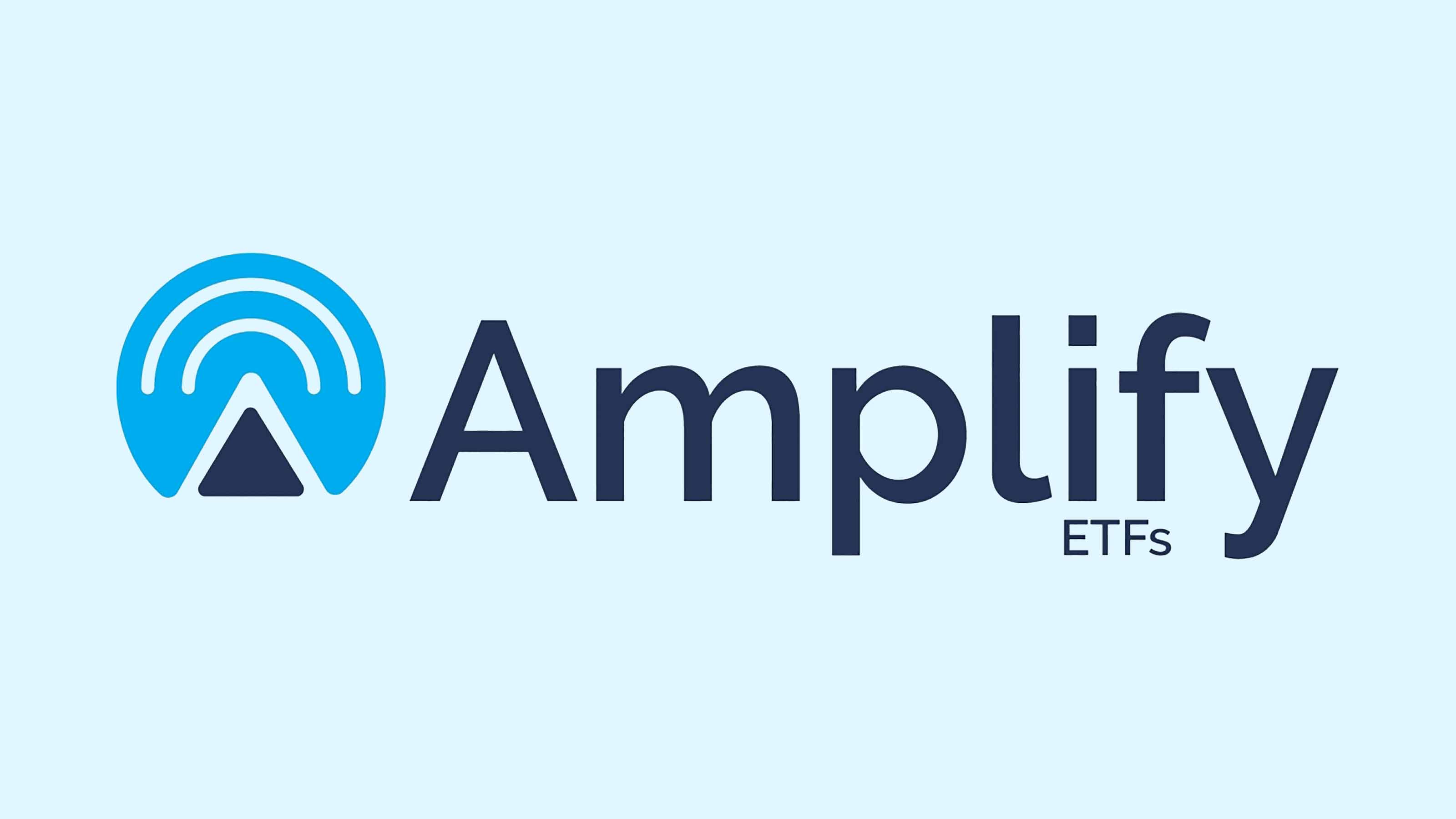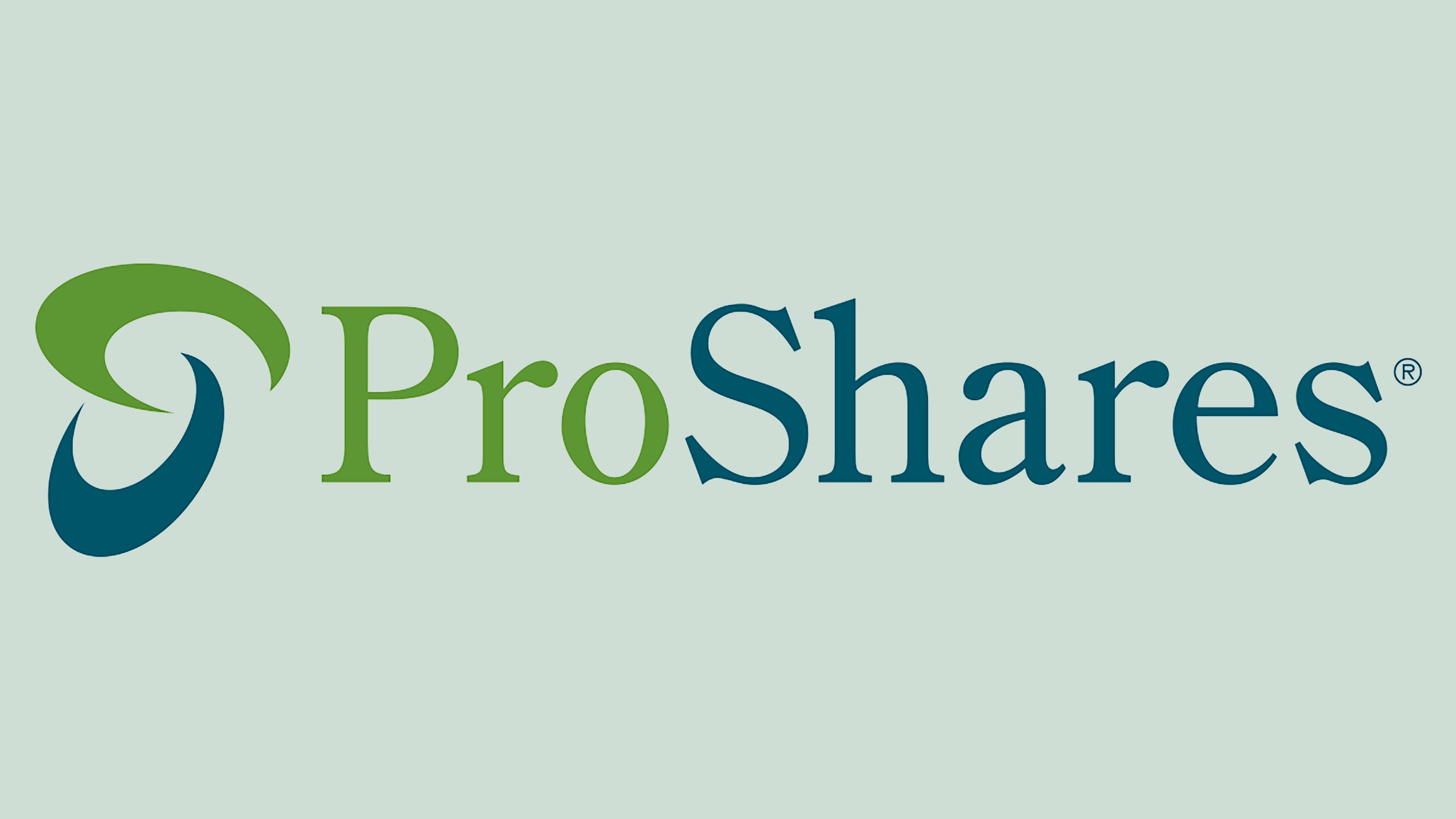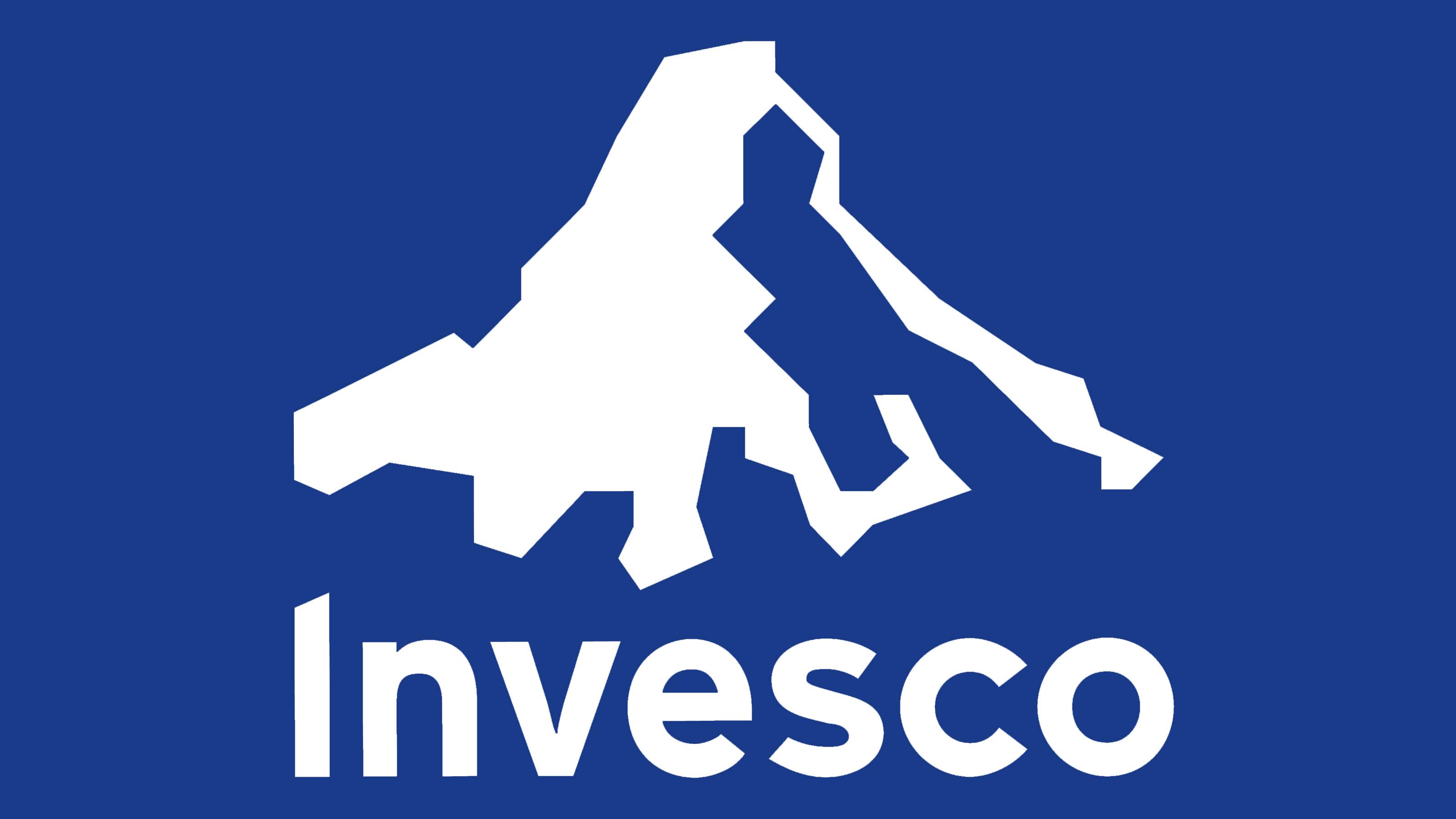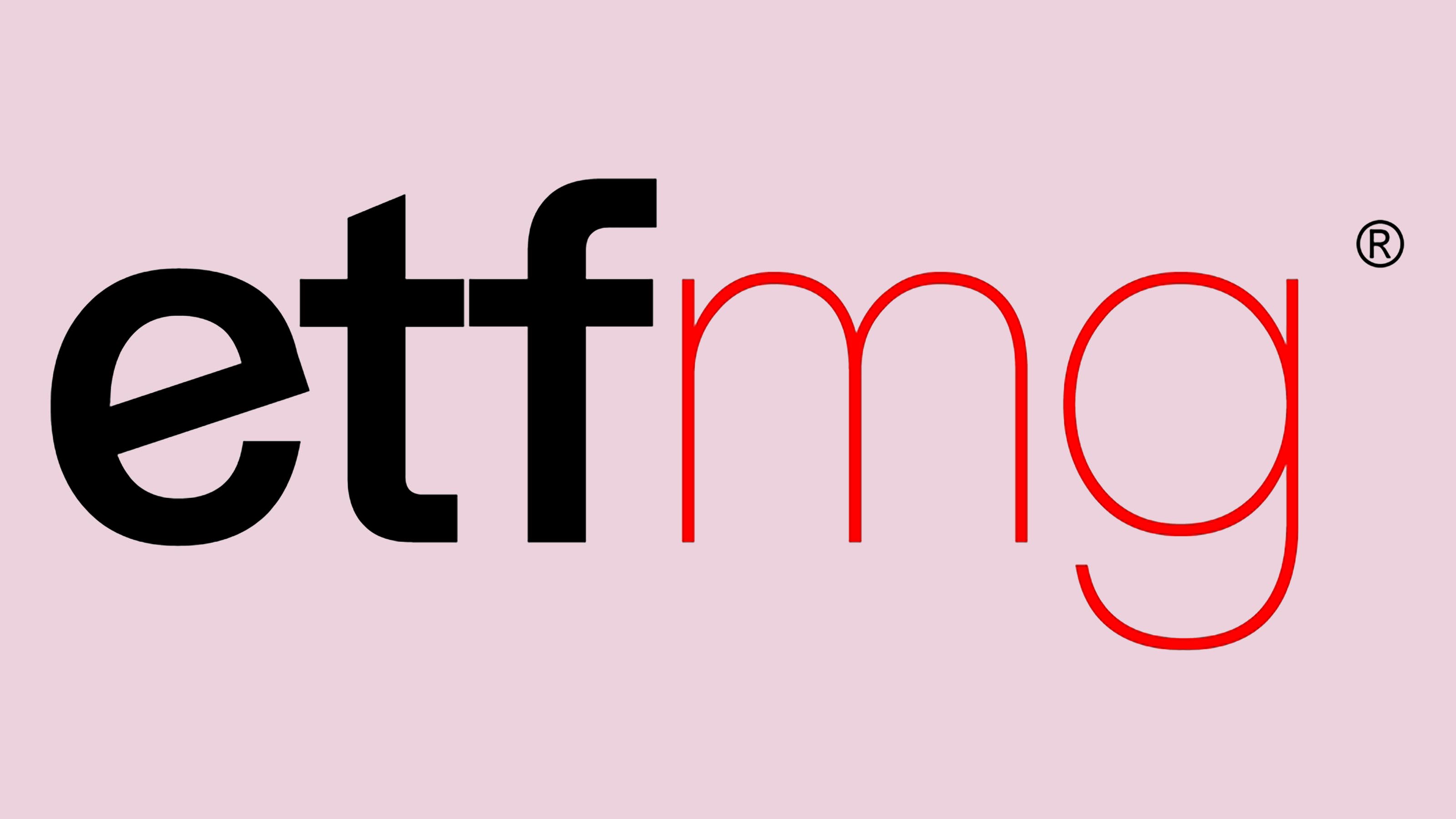9 E-Commerce ETFs for the Future of Digital Spending
'Return to normal' or not, digital commerce should continue to be a rewarding investment trend for many years to come. These e-commerce ETFs help you leverage that growth.


Profit and prosper with the best of Kiplinger's advice on investing, taxes, retirement, personal finance and much more. Delivered daily. Enter your email in the box and click Sign Me Up.
You are now subscribed
Your newsletter sign-up was successful
Want to add more newsletters?

Delivered daily
Kiplinger Today
Profit and prosper with the best of Kiplinger's advice on investing, taxes, retirement, personal finance and much more delivered daily. Smart money moves start here.

Sent five days a week
Kiplinger A Step Ahead
Get practical help to make better financial decisions in your everyday life, from spending to savings on top deals.

Delivered daily
Kiplinger Closing Bell
Get today's biggest financial and investing headlines delivered to your inbox every day the U.S. stock market is open.

Sent twice a week
Kiplinger Adviser Intel
Financial pros across the country share best practices and fresh tactics to preserve and grow your wealth.

Delivered weekly
Kiplinger Tax Tips
Trim your federal and state tax bills with practical tax-planning and tax-cutting strategies.

Sent twice a week
Kiplinger Retirement Tips
Your twice-a-week guide to planning and enjoying a financially secure and richly rewarding retirement

Sent bimonthly.
Kiplinger Adviser Angle
Insights for advisers, wealth managers and other financial professionals.

Sent twice a week
Kiplinger Investing Weekly
Your twice-a-week roundup of promising stocks, funds, companies and industries you should consider, ones you should avoid, and why.

Sent weekly for six weeks
Kiplinger Invest for Retirement
Your step-by-step six-part series on how to invest for retirement, from devising a successful strategy to exactly which investments to choose.
The world was changed in many ways by the coronavirus pandemic, from our public health infrastructure to the way we think about school and work. One of them was a much heavier dependence on digital shopping and spending – something that drove massive gains in e-commerce stocks last year, and by extension, e-commerce ETFs.
And for better or worse, those changes don't look like they will be rolling back anytime soon.
To be fair, the rise of e-commerce and digital spending was underway well before COVID-19; the pandemic merely accelerated it. Thanks to a focus on cashless and touchless transactions, many traditional merchants were catapulted into the 21st century, whether they were prepared for it or not.
This creates a unique opportunity for investors in 2021. You see, consumer spending and economic activity is expected to normalize later this year, but we've all become much more dependent on e-commerce activity in our day-to-day lives. When you throw in the fact that many traditional brick-and-mortar retailers were already under pressure, it becomes clear that the e-commerce leaders still stand to tap into the lion's share of upside from any resurgence in consumer spending.
One way to play this trend is, of course, to find an e-commerce stock you believe in and trust that individual name. But for investors looking to take a more diversified approach or simply to cut out the complexity of researching individual names, these nine e-commerce ETFs all offer different ways to tap into this megatrend in 2021.
Data is as of April 5.

Amplify Online Retail ETF
- Assets under management: $1.8 billion
- Current holdings: 58
- Expenses: 0.65%, or $65 annually on every $10,000 invested
Although Amplify isn't exactly a big name in the ETF biz, its tactical Amplify Online Retail ETF (IBUY, $126.03) is one of the most popular e-commerce ETFs. In addition to its substantial size, with nearly $2 billion in assets as of this writing, it's also well diversified across roughly 60 total positions, with no single stock representing more than 5% of the fund.
IBUY also is refreshingly free of many big e-commerce names that many individual investors may already own directly as stocks, such as the ever-popular Amazon.com (AMZN). The top three positions in IBUY at present include digital deals marketplace Groupon (GRPN), online fashion retailer Revolve Group (RVLV) and travel portal TripAdvisor (TRIP), currently representing about 13% of total assets.
The fund is ostensibly international, but with more than 80% of assets currently in U.S. stocks, it's not truly an internationally focused fund. The result is a fairly even mix of highflying domestic names, which has added up to an impressive performance of about 225% gains over the past 12 months.

Global X E-commerce ETF
- Assets under management: $232.5 million
- Current holdings: 41
- Expenses: 0.50%
The Global X E-commerce ETF (EBIZ, $35.00) is considerably smaller than IBUY, both in regard to total assets under management, as well as total positions in the portfolio, but it is also considerably cheaper. At just 0.50% in annual expenses, it's one of the cheapest e-commerce ETFs on this list.
IBUY is more focused with a short list of roughly 40 holdings at present, but remains very diversified with no single stock representing more than about 6% or so at present. And once again, those folks who want to get beyond the usual suspects like Amazon.com will be pleased to note top positions at present are stocks they may not have exposure to otherwise. In fact, the top two positions are Vipshop Holdings (VIPS) and Trip.com Group (TCOM) – two Chinese stocks that don’t quite get the same headlines here in the U.S. as many domestic names.
As a result of stocks like these, the list is much more international than other funds on this list, too. Only about half of all assets are in the U.S., with about 30% in China and almost all of the rest in developed markets including the U.K., Japan and Canada.

ProShares Online Retail ETF
- Assets under management: $1.2 billion
- Current holdings: 26
- Expenses: 0.58%
If you aren't interested in small-time U.S. players or obscure Chinese e-commerce stocks, then look no further than the ProShares Online Retail ETF (ONLN, $79.40). This ETF isn't particularly exotic, with less than 30 total positions and top stocks including the names you might guess such as Amazon.com and Alibaba Group (BABA). It's also very top-heavy with those two stocks, representing about 35% of the total portfolio.
For those looking for the new up-and-coming names in the e-commerce sector, ONLN might not be particularly interesting. However, it may be the simplest way for investors to tap into the dominant stocks in the space via one single position – and considering there are more than $1 billion in assets in this fund, that approach is indeed proving popular.
And with 12-month returns of about 130% for this e-commerce ETF, it's also clear that this focused strategy can deliver big-time returns for investors. There's clearly risk with a fund that's this focused, but when the short list of components delivers, you can plug into seriously outsized returns.

ProShares Long Online/Short Stores ETF
- Assets under management: $223.9 million
- Current holdings: 39
- Expenses: 0.65%
An interesting twist on the e-commerce revolution is this ProShares Long Online/Short Stores ETF (CLIX, $83.70). As the name implies, investors are tapping into a "pair trade" on digital sales by putting their money behind the upside of digital merchants but also betting against traditional brick-and-mortar retailers.
Top holdings are, like the previous ONLN fund from ProShares, a fairly reductive take on e-commerce stocks with familiar names like Amazon.com and Alibaba Group at the top of the list. But its bets against struggling traditional stores, such as Bed Bath & Beyond (BBBY) and Macy's (M), mean you are doubly invested in the move away from the old way of shopping and into the new digital world of retail.
The challenge, of course, is that even though many traditional retailers are a bit behind on things, they are certainly not doomed. In fact, oft-maligned Macy's has jumped fourfold from its 52-week lows set during the worst of the pandemic-related volatility last year.
As a result, CLIX has "only" gained about 52% in the last 12 months, thanks in part to being on the wrong side of the trade as brick-and-mortar stores have come roaring back. If you are OK with this risk or think that this trend might be short-lived, then Long Online/Short Stores could be worth a look – but make sure you know what the risks are before you dive in.

Emerging Markets Internet & Ecommerce ETF
- Assets under management: $1.9 billion
- Current holdings: 98
- Annual expenses: 0.86%
Another angle on e-commerce is the Emerging Markets Internet & Ecommerce ETF (EMQQ, $65.69), which is wholly focused on fast-growing digital retailers in emerging markets. EMQQ is not a niche fund, however, with almost $2 billion in total assets to dwarf a few of the domestic-focused e-commerce offerings on this list.
Perhaps unsurprisingly, the top region of interest is China, with about two-thirds of EMQQ assets invested in this nation. But other markets, including Brazil, South Korea and South Africa, are also represented to make this a truly global fund. What's more, there are almost 100 total positions at present, ranging from China's tech conglomerate Tencent Holdings (TCEHY) to South American e-commerce giant MercadoLibre (MELI).
It should go without saying that EMQQ carries more risk than a typical U.S.-focused fund, both because of the more aggressive nature of emerging markets generally and because some of these specific stocks are considerably smaller than the domestic tech giants you might think of first.
As a result, this fund has underperformed e-commerce ETFs focused on the U.S., with about 100% gains in the last 12 months. However, interest in the long-term potential of these markets, coupled with a need for diversification, might make EMQQ attractive to some investors.

First Trust Dow Jones Internet Index Fund
- Assets under management: $10.5 billion
- Current holdings: 42
- Expenses: 0.52%
The prior funds are all plays on e-commerce somehow, but some of the biggest stocks in the sector prove that defining this subsector of technology is not always black and white. Take Amazon.com, which owns brick-and-mortar grocer Whole Foods and is known as much for its fast growing Amazon Web Services arm these days as its online sales operations.
AMZN isn't purely an e-commerce stock anymore, so investors looking to go with Big Tech conglomerates like this may be better served with an ETF like the First Trust Dow Jones Internet Index Fund (FDN, $225.53) than a seemingly direct play on the e-commerce trend that focuses on smaller names.
Admittedly, FDN isn't terribly creative. It has roughly 40 total positions that represent the biggest tech names out there, and some like PayPal Holdings (PYPL) and Netflix (NFLX) could only loosely be called "e-commerce" stocks. However, history shows that Big Tech has a habit of eating its young, with smaller upstarts being subsumed by bigger names such as Amazon.com or Alphabet (GOOGL) in a quest to dominate whole segments of the digital economy.
If you want to go big rather than play smaller upstarts, the $10 billion FDN ETF offers a liquid and popular way to tap into all things tech – including e-commerce.

Invesco NASDAQ Internet ETF
- Assets under management: $1.0 billion
- Current holdings: 85
- Annual expenses: 0.60%
You can find another approach to Big Tech players that dominate e-commerce via this Nasdaq-focused internet ETF. In a nutshell, the Invesco NASDAQ Internet ETF (PNQI, $238.19) takes the top 80 or so names in this subsector of tech that are listed on the Nasdaq stock exchange.
That, of course, means big conglomerates like Google-parent Alphabet or social media giant Facebook (FB) make the list. But remember, Google does offer e-commerce solutions to small businesses and Facebook operates its Marketplace in addition to the products and services these internet stocks may be better known for. And beyond names like this, investors will get more pure-play e-commerce stocks like Amazon.com, Alibaba Group, travel portal operator Booking Holdings (BKNG) and service provider Shopify (SHOP) in the top holdings.
In truth, most companies have some kind of digital sales engine as part of their normal operations in the 21st century. So rather than get too hung up on individual online merchants that are the e-commerce names we may recognize as consumers, these foundational internet companies may provide a more holistic and diversified approach to modern sales operations. They also could be less volatile considering how mature and cash-rich the top tech stocks are.

ETFMG Prime Mobile Payments ETF
- Assets under management: $1.1 billion
- Current holdings: 46
- Expenses: 0.75%
As mentioned, just about every retailer knows it has to have a digital footprint these days. That's particularly true after coronavirus disruptions accelerated the transition to touchless and cashless transactions. So why worry too much about where people are spending their money online, and instead simply focus on the method they are using to spend that digital cash?
That's the angle of the ETFMG Prime Mobile Payments ETF (IPAY, $69.09). Mobile and cashless transactions are at the core of this exchange-traded fund and its components, meaning it is closely related to any online spending. The portfolio is a good mix of traditional cashless payments players like American Express (AXP) and Visa (V), along with native digital payments companies like Venmo parent PayPal and online banking service provider Fiserv (FISV).
Admittedly, mobile payments haven't blown up quite the way that more direct e-commerce plays have in the last year, with IPAY "only" up about 80% in the last 12 months compared with 50% for the S&P 500. But there is likely to be continued long-term outperformance here, as well lower volatility as this fund is focused merely on payments infrastructure instead of consumer spending trends.

ARK Fintech Innovation
- Assets under management: $4.4 billion
- Current holdings: 47
- Expenses: 0.75%
Strangely enough, one of the most dynamic funds on this list of e-commerce ETFs is also one of the largest as measured by assets under management. The ARK Fintech Innovation (ARKF, $52.79) is an impressive $4 billion ETF that keeps an eye on disruptive and fast-growing trends within the financial sector, which include e-commerce and mobile payments along with other hot topics.
Top stocks at present show the e-commerce tie-in, with mobile payments icon Square (SQ) as the number one holding. Also near the top of the list are the aforementioned South American online merchant MercadoLibre, as well as online real estate marketplace Zillow Group (Z).
Sure, you'll get a mix of other strange but innovative stocks in there as well that may not have a direct connection to online sales. Chief among these is fast-growing Chinese video game stock Sea Ltd. (SE) that specializes in "microtransactions," as well as products and services specifically for the esports community.
But if you're primarily interested in e-commerce because it represents a disruptive and fast-growing trend that's revolutionizing the stock market, then the flexibility of ARKF to invest in other potential megatrends may be an interesting bonus. And considering this ETF has more than doubled in the last 12 months of trading, there is clearly tremendous profit potential in this unique fintech fund.
Profit and prosper with the best of Kiplinger's advice on investing, taxes, retirement, personal finance and much more. Delivered daily. Enter your email in the box and click Sign Me Up.

Jeff Reeves writes about equity markets and exchange-traded funds for Kiplinger. A veteran journalist with extensive capital markets experience, Jeff has written about Wall Street and investing since 2008. His work has appeared in numerous respected finance outlets, including CNBC, the Fox Business Network, the Wall Street Journal digital network, USA Today and CNN Money.
-
 Quiz: Do You Know How to Avoid the "Medigap Trap?"
Quiz: Do You Know How to Avoid the "Medigap Trap?"Quiz Test your basic knowledge of the "Medigap Trap" in our quick quiz.
-
 5 Top Tax-Efficient Mutual Funds for Smarter Investing
5 Top Tax-Efficient Mutual Funds for Smarter InvestingMutual funds are many things, but "tax-friendly" usually isn't one of them. These are the exceptions.
-
 AI Sparks Existential Crisis for Software Stocks
AI Sparks Existential Crisis for Software StocksThe Kiplinger Letter Fears that SaaS subscription software could be rendered obsolete by artificial intelligence make investors jittery.
-
 What Is AI? Artificial Intelligence 101
What Is AI? Artificial Intelligence 101Artificial intelligence has sparked huge excitement among investors and businesses, but what exactly does the term mean?
-
 The 24 Cheapest Places To Retire in the US
The 24 Cheapest Places To Retire in the USWhen you're trying to balance a fixed income with an enjoyable retirement, the cost of living is a crucial factor to consider. Is your city the best?
-
 The Best Tech Stocks to Buy
The Best Tech Stocks to BuyTech stocks are the market's engine of growth. But what defines a tech stock? How do you find the best ones to buy? We take a look here.
-
 All AI Regulations Are Not Created Equal: Kiplinger Economic Forecasts
All AI Regulations Are Not Created Equal: Kiplinger Economic ForecastsEconomic Forecasts As Congress regulates artificial intelligence, tech advocates urge lawmakers to define different areas of AI, as some are more dangerous than others.
-
 Text-Generating AI Faces Major Legal Risks: Kiplinger Economic Forecasts
Text-Generating AI Faces Major Legal Risks: Kiplinger Economic ForecastsEconomic Forecasts Major legal risks to text-generating artificial intelligence: Kiplinger Economic Forecasts
-
 5 Stocks to Sell or Avoid Now
5 Stocks to Sell or Avoid Nowstocks to sell In a difficult market like this, weak positions can get even weaker. Wall Street analysts believe these five stocks should be near the front of your sell list.
-
 Best Stocks for Rising Interest Rates
Best Stocks for Rising Interest Ratesstocks The Federal Reserve has been aggressive in its rate hiking, and there's a chance it's not done yet. Here are eight of the best stocks for rising interest rates.
-
 The Five Safest Vanguard Funds to Own in a Volatile Market
The Five Safest Vanguard Funds to Own in a Volatile Marketrecession The safest Vanguard funds can help prepare investors for market tumult but without high fees.
